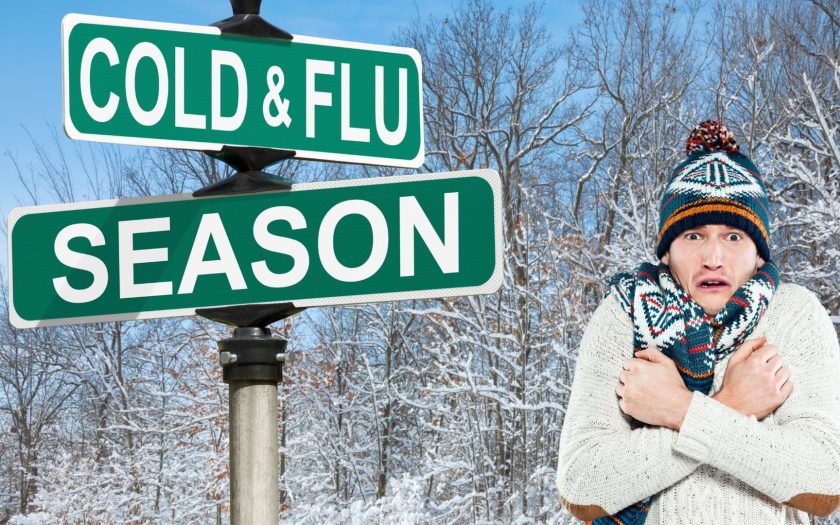Mackerel.
Eating mackerel helps replenish deficiencies of important substances, such as vitamin D and strengthens the body’s defenses. Therefore, during the cold season, try to add mackerel to your diet 1-2 times a week. To preserve its beneficial properties, it is best to cook mackerel using methods that avoid excessive heat. One of the best methods is baking it in the oven. Clean the fish, season to taste, and bake at 356 °F (180°C) for about 20-30 minutes. Baking mackerel in foil or on a rack helps retain more vitamins and healthy fatty acids. Grilling is also suitable as it quickly cooks the fish without drying it out. It’s important to avoid frying, as high temperatures can destroy omega-3 fatty acids and other nutrients in the fish.
Red cabbage.
Red cabbage contains vitamin C and anthocyanins, which help to strengthen the immune system and improve health. This variety of cabbage also contains a lot of fiber, which improves the digestive system’s function, helping the body expel toxins. This is important because a healthy gut is essential for a strong immune system, as most immune cells are located there. However, in order for the body to benefit from eating this product, it must be properly prepared. To preserve all its beneficial properties, it is best to eat kale raw, for example, in the form of salads. If you want to cook cabbage differently, fermentation is a good option — this process not only preserves the beneficial properties but also increases the amount of probiotics that are good for the gut. Another beneficial way to prepare it is by stewing with other vegetables. However, remember to add the cabbage at the end of the cooking process to avoid overcooking it.
Baked bell pepper.
Baked bell pepper helps strengthen the mucous membranes of the respiratory tract, which reduces the risk of getting sick during peak illness seasons. Baking bell peppers helps retain most of their health benefits while making them softer and more flavorful, making them easier to digest. Adding baked pepper to your diet in the winter helps not only boost immunity but also maintain overall health, reducing the risk of seasonal illnesses. When baked, it can be eaten on its own or added to vegetable salads, which is even better for your health. For baking, it’s best to choose small or medium-sized peppers, as they cook faster.
Celery.
Celery is one of the beneficial vegetables that can help strengthen the immune system during winter. It is rich in vitamins, particularly vitamins A, C and K, which support the normal functioning of immune cells and protect the body from viruses. Celery not only enriches the diet with essential nutrients but also adds a fresh flavor, helping to maintain health and boost the body’s resistance to seasonal illnesses. This vegetable can be prepared in various ways, depending on how you want to use it. One of the simplest options is to add it to salads. Just wash the stalks, slice them into thin rings or pieces and mix with other vegetables or herbs.
Diversify your diet with these foods to provide your body with everything it needs. However, if you do fall ill and suspect it’s the flu, be sure to seek qualified medical help. The doctor will listen to your lungs, assess your overall condition, and prescribe the necessary treatment (such as Antiflu, Amantrel, Gold Omega 3).

